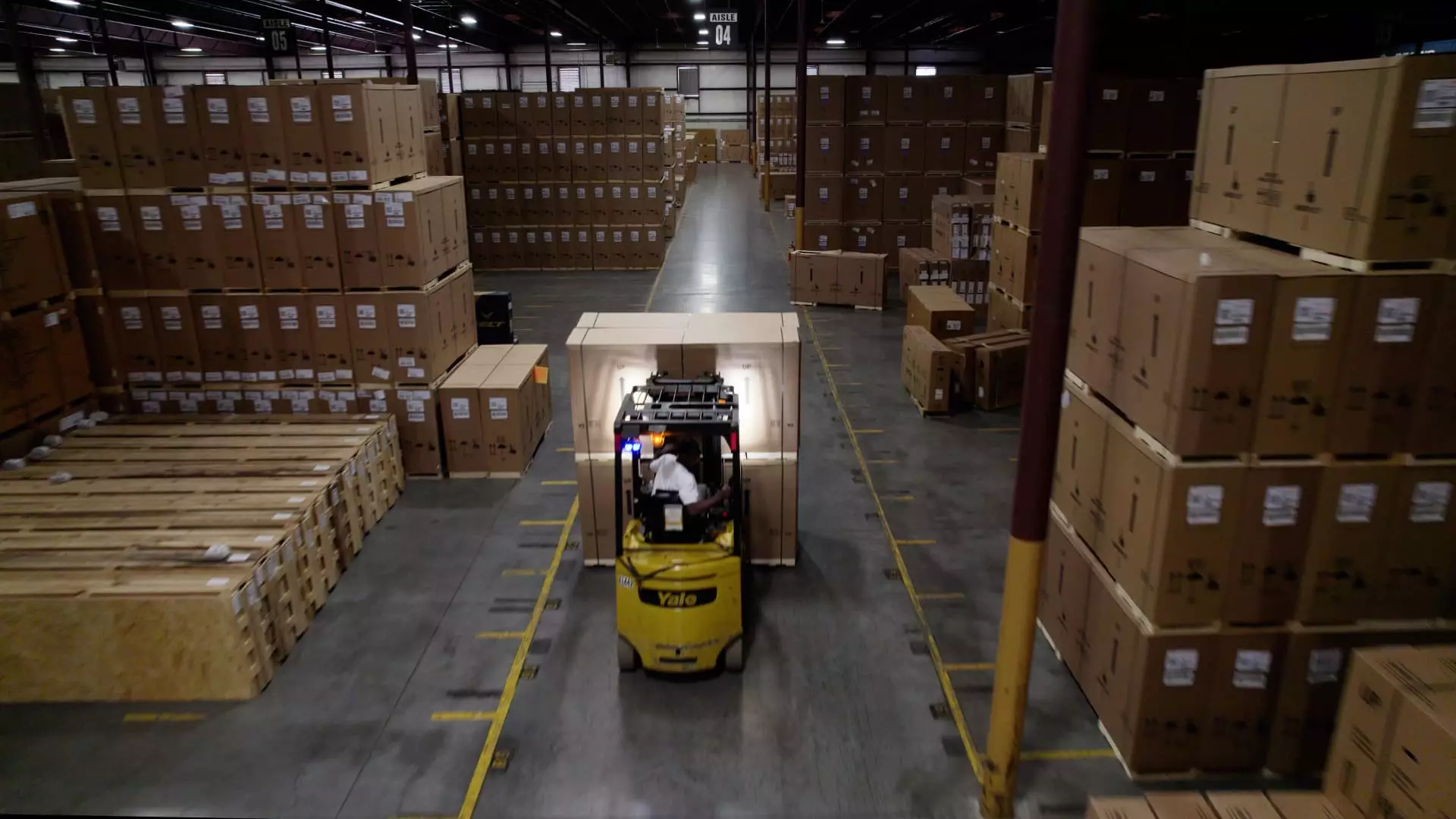In the midst of tumultuous trade environments, businesses are increasingly turning to the strategic use of Foreign Trade Zones (FTZs) and bonded warehouses. These zones are more than just logistical footnotes—they serve as sophisticated financial shields, allowing companies to navigate tariffs and trade uncertainties with a cunning that borders on survivalist necessity. Rooted in the economic upheaval of the Great Depression, FTZs were designed to reinvigorate exports amidst sky-high tariffs, transforming a bleak landscape into a buying opportunity. Yet, today, their role has evolved into a complex geopolitical chess move, revealing the lengths companies will go to buffer themselves from unpredictable trade policies.
How FTZs Reshape Cost Dynamics
The core allure of FTZs lies in their ability to defer or altogether avoid duties until products leave the zone and enter the U.S. market. This flexibility—dating back nearly a century—has become a vital tool during recent trade conflicts, especially under the shadow of tariffs imposed by administrations eager to wield economic leverage. Unlike traditional imports, goods stored in FTZs or bonded warehouses can be held indefinitely or for up to five years, offering unparalleled latitude. Companies import raw materials and components duty-free, assemble, modify, and delay duty payments, effectively creating a “tariff bubble.”
This approach is not merely a financial convenience; it is a strategic advantage. For industries heavily reliant on imported parts—such as automakers, tech giants, and pharmaceutical companies—FTZs serve as a buffer that preserves cash flow, a critical resource when tariffs threaten to erode profit margins. Pfizer’s use of FTZs during vaccine development epitomizes this tactic, allowing essential biomedical components to be stored duty-free until approvals are secured. It demonstrates how FTZs have become integral to innovation-driven sectors, fostering resilience amidst global trade upheaval.
The Political and Economic Implications
While these zones provide clear economic benefits for individual corporations, their broader implications are more contentious. The dismantling of privileges like Pfizer’s COVID vaccine exemption under Trump’s executive orders signals a shifting landscape—one where policymakers seek to tighten control over tariff mitigation schemes. This regulatory tightening embodies a critical debate: should industries be allowed to leverage legal loopholes for economic advantage, or do such tactics exacerbate global trade tensions and unfairly distort markets?
For companies like Regent Tek, the loss of the inverted tariff benefit results in substantial cost hikes, forcing them into a precarious position. They are compelled to absorb higher duties or restructure supply chains, often sacrificing economic efficiency for regulatory compliance. These challenges expose a deeper question about the fairness and sustainability of these zones. Are they a sign of an innovative, adaptive economy, or a symptom of regulatory imperfections that foster inequalities among global competitors?
Furthermore, with worldwide trade tensions intensifying, the strategic use of FTZs and bonded warehouses risks becoming a form of regulatory arbitrage—a way for corporations to sidestep the intended spirit of trade policies. This practice can undermine the very purpose of tariffs designed to protect domestic industries and promote fair competition. The balance between encouraging legitimate trade facilitation and preventing exploitation is delicate yet crucial.
Is It Ethical to Depend on These Trade Shields?
Critically, the reliance on FTZs raises moral questions. When companies harness these zones primarily to delay duties or reconfigure supply chains for cost savings, they potentially undermine the idea of fair trade. Far from being mere logistical tools, FTZs become strategic assets in a broader game of economic endurance. They enable firms to thrive in a hostile trade environment, sometimes at the expense of domestic manufacturing and employment.
The practice of storing goods duty-free—particularly in sectors like automotive parts or pharmaceuticals—begs the question: are these companies contributing fairly to the societal costs when they avoid paying tariffs that fund infrastructure or workforce development? While advocates argue that FTZs promote global commerce and innovation, critics contend they foster a system that privileges the well-resourced, allowing multinational corporations to manipulate regulations to their advantage.
Conclusion: The Need for Thoughtful Regulation
In an increasingly volatile trade climate, FTZs and bonded warehouses are unlikely to vanish overnight. They embody a form of economic pragmatism—an attempt to stay afloat amid rising tariffs and international disputes. Yet, their widespread use underscores a fundamental tension: should modern trade policies serve purely strategic corporate interests, or should they be crafted to foster fair, equitable economic competition? Navigating this question requires a nuanced approach that recognizes the necessity of global supply chains but also safeguards against exploitation—ensuring that the pursuit of profit does not come at the expense of fairness and national economic sovereignty.

